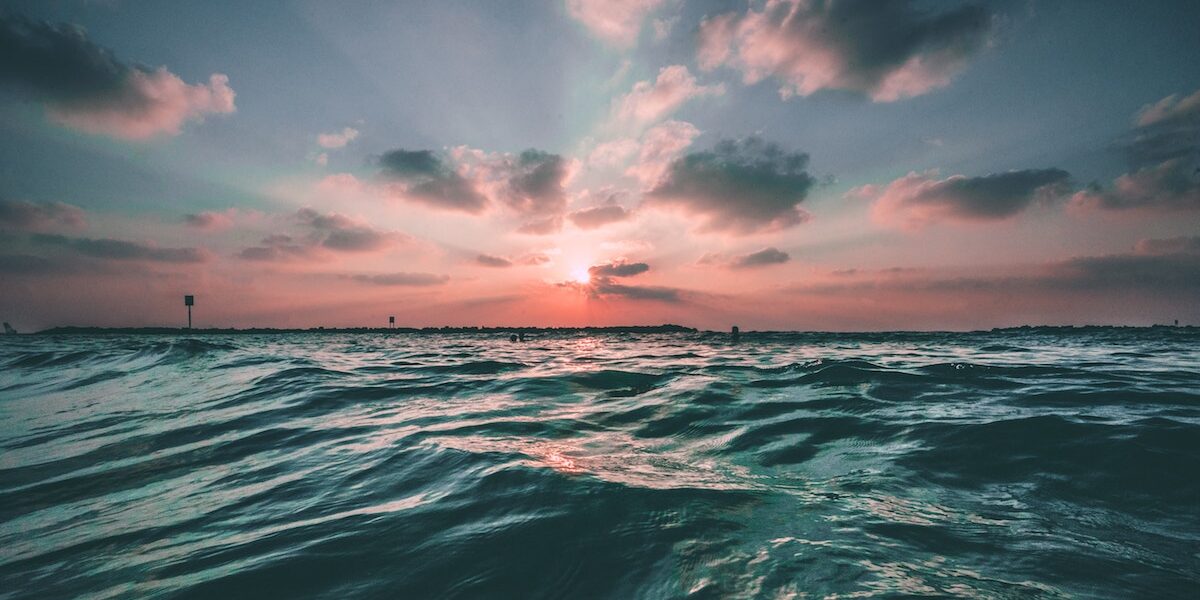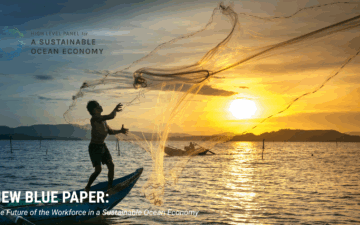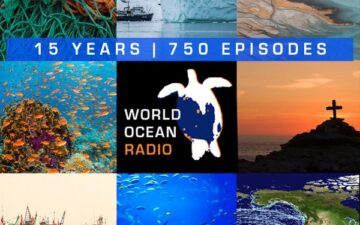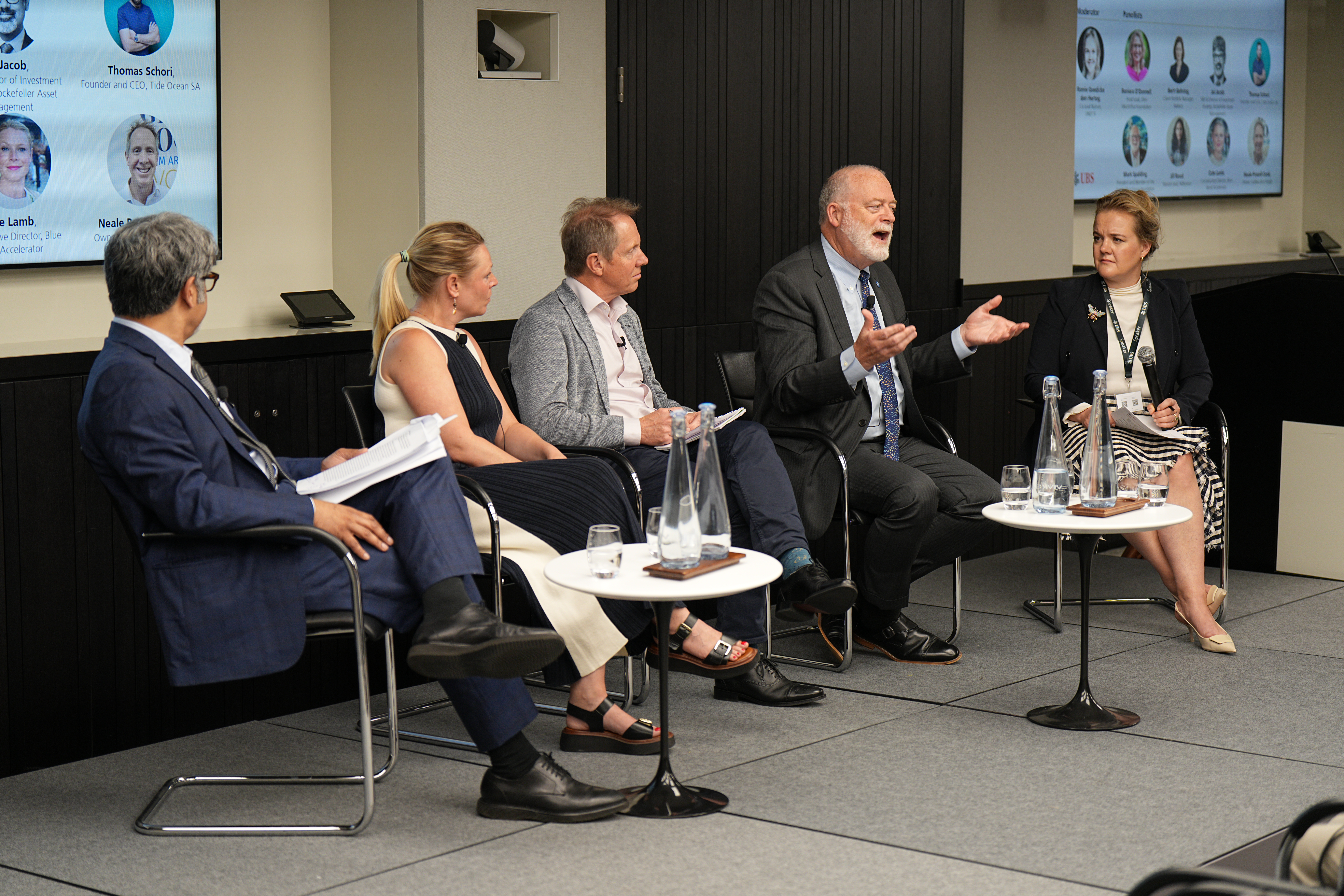by Mark J. Spalding, President
The Ocean Foundation is the first “community foundation” for the oceans, with all the well-established tools of a community foundation and a unique focus on marine conservation. As such, The Ocean Foundation addresses two major obstacles to more effective marine conservation: a shortage of money and the lack of a venue in which to readily connect marine conservation experts to donors who wish to invest. Our mission is to support, strengthen, and promote those organizations dedicated to reversing the trend of destruction of ocean environments around the world.
2nd Quarter 2005 Investments by The Ocean Foundation
During the 2nd Quarter of 2005, The Ocean Foundation highlighted the following projects, and made grants to support them:
- DONOR ADVISED FUND GRANTS: Marine Photobank – SeaWeb – $15,000.00
- PASS-THROUGH GRANTS: “Sakalava Shrimp” film project – TOF as Fiscal Sponsor – $10,000.00
- GENERAL OPERATIONS GRANTS – Dinner with honored guest Wen Bo – Pacific Environment – $1,000.00
New Investment Opportunities
TOF closely monitors the forefront of ocean conservation work, searching for breakthrough solutions in need of funding and support, and communicating the most important new information to you. Last quarter, we presented the Ocean Alliance’s high tech project regarding oil industry noise pollution off West Africa. A donor has given us $50,000 for this project, and challenged us to raise a 2:1 match. We are part way there. Won’t you help us meet the challenge presented to us?
Who: Ocean Alliance
Where: Off Mauritania and the West Coast of Africa
What: For an innovative acoustic survey as part of the Ocean Alliance’s Voyage of the Odyssey. This is a collaborative project of Scripps Institution of Oceanography and the Ocean Alliance. This program also has a strong educational component in partnership with PBS. The study will focus on the impacts of the noise from seismic oil exploration and fisheries on cetaceans. The project will use cutting edge technology: Autonomous Acoustic Recording Packages (AARP). These devices are dropped onto the ocean floor and provide continuous recording at 1000 samples per second for months. Data from the AARP’s will be compared with acoustic transects run from the Odyssey using a towed acoustic array with a broad frequency range. The project will be added to the data being collected by the existing Voyage of the Odyssey, which will produce a comprehensive assessment of the abundance and distribution of marine mammals within the survey area, including looking at their toxicological and genetic status.
Why: Anthropogenic sound is created in the ocean both purposefully and unintentionally. The result is noise pollution that is high-intensity and acute, as well as lower-level and chronic. There is sufficient evidence to conclude that high-intensity sounds are harmful and, on occasion, fatal to marine mammals. Finally, this project is set in a remote ocean region where little or no studies of this type have ever taken place.
How: The Ocean Foundation’s Marine Mammals Field-of-Interest Fund, which focuses on the most important immediate threats to marine mammals.
Who: MCBI (Marine Conservation Biology Institute)
Where: The Northwestern Hawaiian Islands
What: Marine Conservation Biology Institute is working to secure strong, permanent protection for the waters surrounding the Northwestern Hawaiian Islands. MCBI’s goal is for the Northwestern Hawaiian Islands to become the largest fully protected marine reserve in the world, eclipsing Australia’s Great Barrier Reef Marine Park.
Why: The Northwestern Hawaiian Islands have unique attributes: Virtually uninhabited, there is no population pressure. They still have nearly pristine coral reefs, the only major place in US waters where large predatory fishes still dominate the ecosystem, the breeding habitat for nearly all of the world’s critically endangered Hawaiian monk seals, the nesting beaches for 90% of Hawaii’s honu (green sea turtles), and the breeding grounds of 14 million nesting seabirds. They encompass twice the ocean/land area of the main Hawaiian Islands, indeed, and the NWHI complex (84 million acres) is larger than the entire US National Park System.
How: The Ocean Foundation’s Coral Reef Field-of-Interest Fund, which supports local projects that promote sustainable management of coral reefs and the species that depend on them, while seeking out opportunities to improve management for coral reefs on a much bigger scale.
Who: The Friends of Casco Bay
Where: South Portland, Maine
What: For publications, webpage, news features, and field trips to educate and encourage those who live, work, and play on Casco Bay to participate in its protection. In addition, The Friends of Casco Bay are developing a Casco Bay Curriculum, which area schools can incorporate into their studies in science, math, and social studies.
Why: In 1989 an alarming report, entitled “Troubled Waters”, claimed that Casco Bay was one of the most polluted estuaries in the nation. 2004 marked the fifteenth year that Friends of Casco Bay has been the leading environmental organization working to improve and protect the environmental health of Casco Bay. Support for this organization’s outreach program is critical in keeping the community educated and involved in ensuring the protection of this estuary and the community’s health.
How: The Ocean Foundation’s Education Field-of-Interest Fund, which focuses on the support and distribution of promising new curricula and materials that encompass social as well as economic aspects of marine conservation. It also supports partnerships that are advancing the field of marine education as a whole.
TOF News
- July 1 marked the new Fiscal Year for TOF. President Mark J. Spalding’s objective in this new fiscal year is to “expand our capacity to transfer capital into dynamic conservation.”
- TOF has signed an agreement to be the fiscal agent for “The Sakalva Shrimp” film project, documenting the effect of shrimp aquaculture on the marine environment and sustainable development of Madagascar.
- The New England Aquarium’s post-tsunami assessment (a TOF grantee) will be published this fall in Science and in the December issue of National Geographic.
- We are currently working on making our website more interactive for our donors and grantees.
- TOF now has its grant application, grant guidelines, and evaluation report guide ready for posting on our website. Look for these and other additions on our website
- TOF updated its Guidestar profile, assisting philanthropists and nonprofits in search of credible organizations.
New Chairman
TOF has the pleasure of announcing a new Chairman of the Board, Mr. J. Thomas McMurray. He is an active, private investor in early stage technology and healthcare companies. From 1990-1998, Dr. McMurray was a general partner at Sequoia Capital, which invested in companies such as: Yahoo!, Network Appliance, Flextronics, Cisco Systems, Oracle, 3Com and Apple Computer. Currently, Dr. McMurray serves on the Board of Visitors for the Duke University Marine Laboratory in Beaufort, NC and the Advisory Board of YouthNoise in Washington, DC.
TOF would like to thank former Chairman Wolcott Henry for his great dedication and service as the founding chair of the Coral Reef Foundation. Mr. Henry is president and director of the Curtis and Edith Munson Foundation and The Henry Foundation, serves as a director of World Wildlife Fund and Oceans.com, and serves on the advisory board of the Reef Environmental Education Foundation, the National Parks Conservation Association, and the Kellogg Graduate School of Management at Northwestern University. Mr. Henry is also an accomplished underwater photographer who works diligently on promoting conservation photography. He has published two children’s books for National Geographic with Dr.Sylvia Earle, and helped found the Marine Photobank, which provides images to nonprofits that illustrate environmental problems. TOF would like to further thank Chairman Henry for his investment of time and financial resources to ensure a strong start for the first community foundation for the oceans and for his continued membership on our board.
Some Final Words
The Ocean Foundation is increasing the capacity of the ocean conservation field and bridging the gap between this time of growing awareness of the crisis in our oceans and true, implemented conservation of our oceans, including sustainable management and governance structures.
By 2008, TOF will have created an entirely new form of philanthropy (a cause-related community foundation), established the first international foundation focused solely on ocean conservation, and become the third largest private ocean conservation funder in the world. Any one of these achievements would justify the initial time and money to make TOF successful – all three make it a unique and compelling investment on behalf of the planet’s oceans and the billions of people who depend upon them for vital life support.







